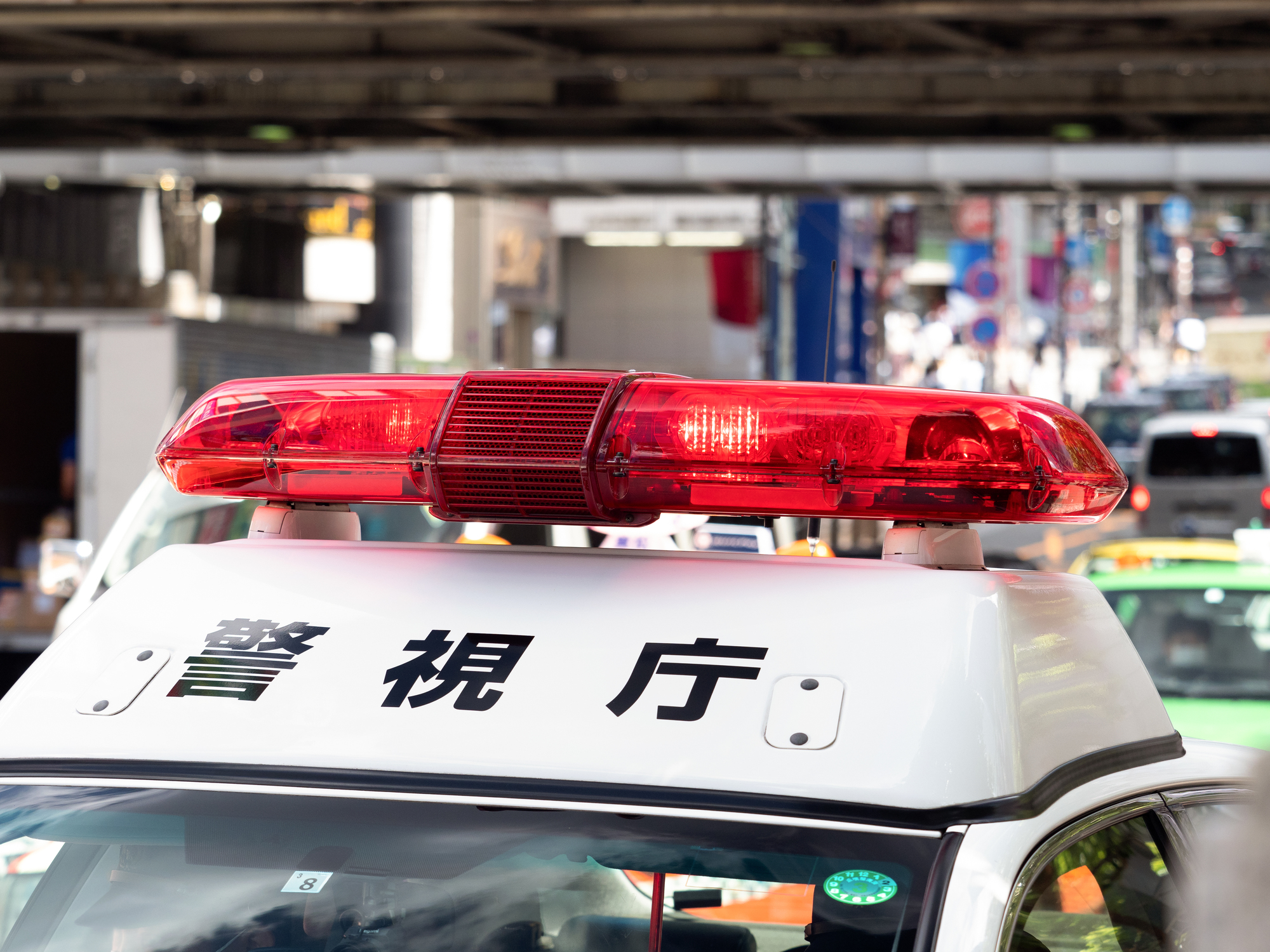A 70-year-old woman in Kunitachi, Tokyo, made a chilling 110 emergency call on the morning of July 22, confessing that she had killed her 102-year-old mother. Police arrived at the scene to find Fuku Komine lying on her bed with strangulation marks and stab wounds. She was pronounced dead at the hospital shortly after.
The suspect, Yoko Komine, was arrested at the scene on suspicion of attempted murder. During the investigation, she revealed a harrowing narrative of caregiver fatigue and desperation.
“My mother could no longer move to the portable toilet on her own, and I had to move her,” she said. “Caring for her became too difficult, so I killed her.”
The suspect had been living with her mother for nearly a decade, moving back into the family home after her father’s death. According to neighbors, the two women had been living together since then, relying on weekly visits from a home care service to assist Fuku with bathing.
One neighbor, a man in his 70s, described the daughter as appearing increasingly weary. He last saw her on July 19, when she apologized for the inconvenience caused by roof repairs.
“She seemed tired, and her voice was weary, but I thought she was managing since she had contact with people through the home care service. I never imagined she was feeling so desperate,” he told Yahoo Japan.
The police are now treating the case as a murder investigation.
Japan’s Aging Crisis and Caregiving Burden
Japan has the world’s oldest population with over 10% of its citizens aged 80 and above. With so many elderly citizens, the caregiving system is on the brink of collapse. The burden primarily falls on women, who are often elderly themselves. The Kunitachi case is a brutal reminder of the crushing caregiving burden in Japan’s super-aging society.








